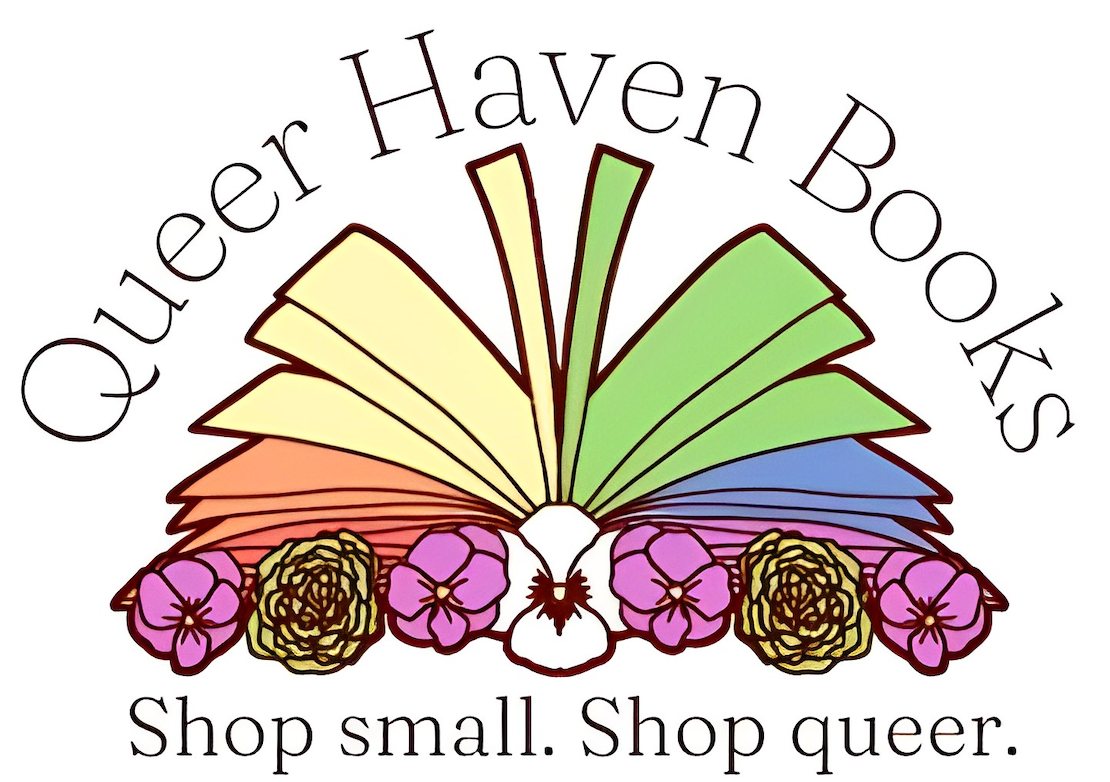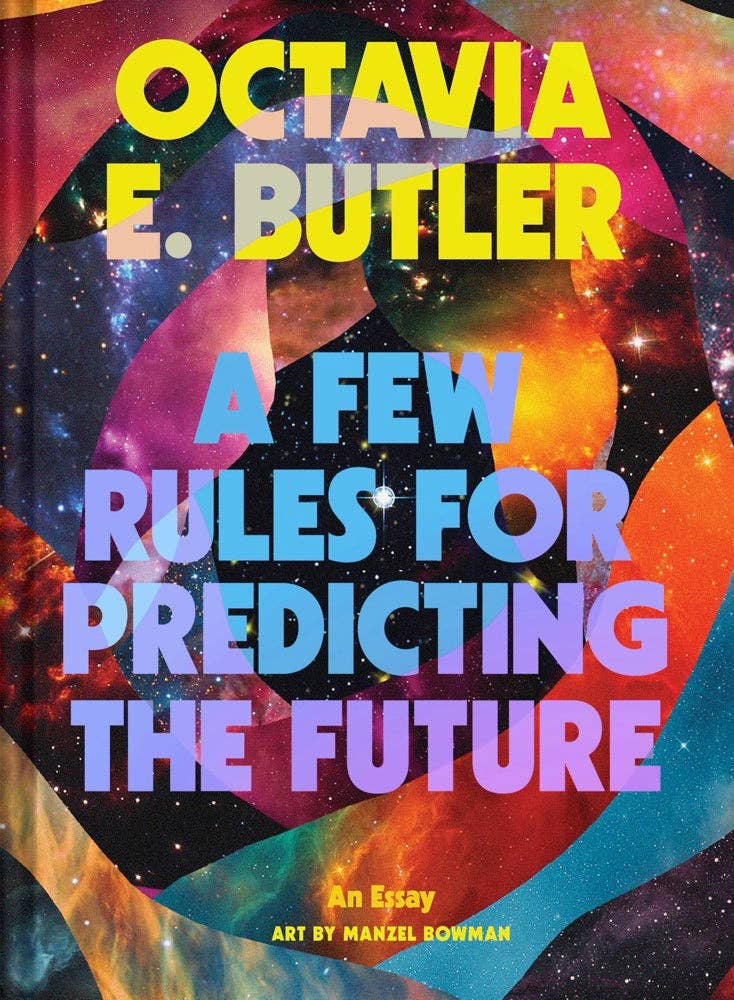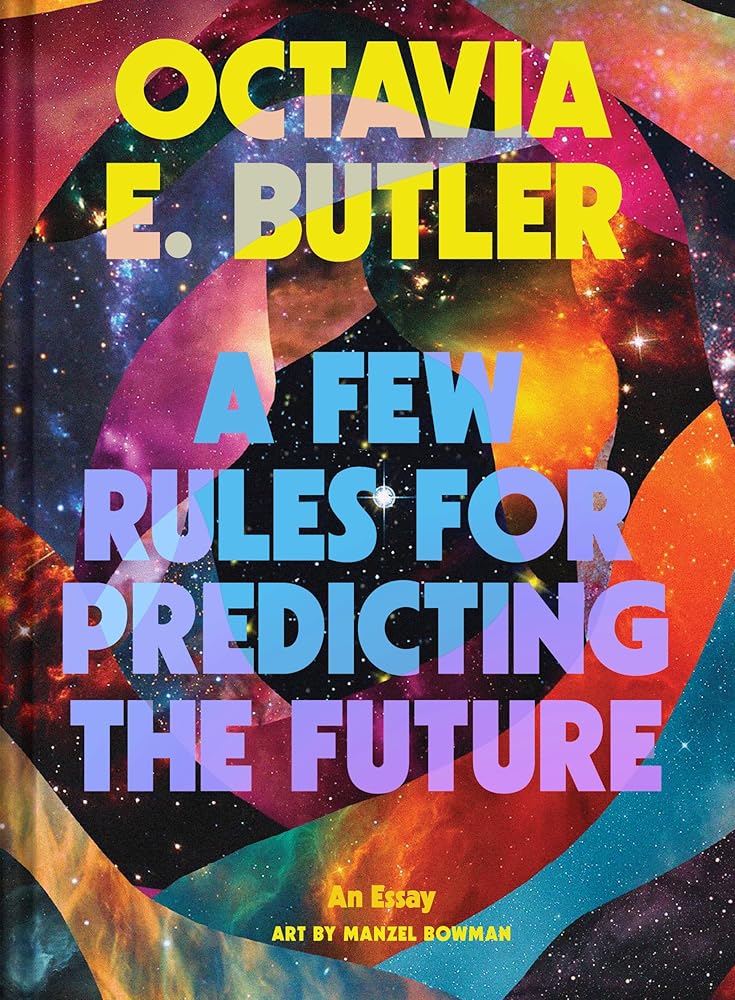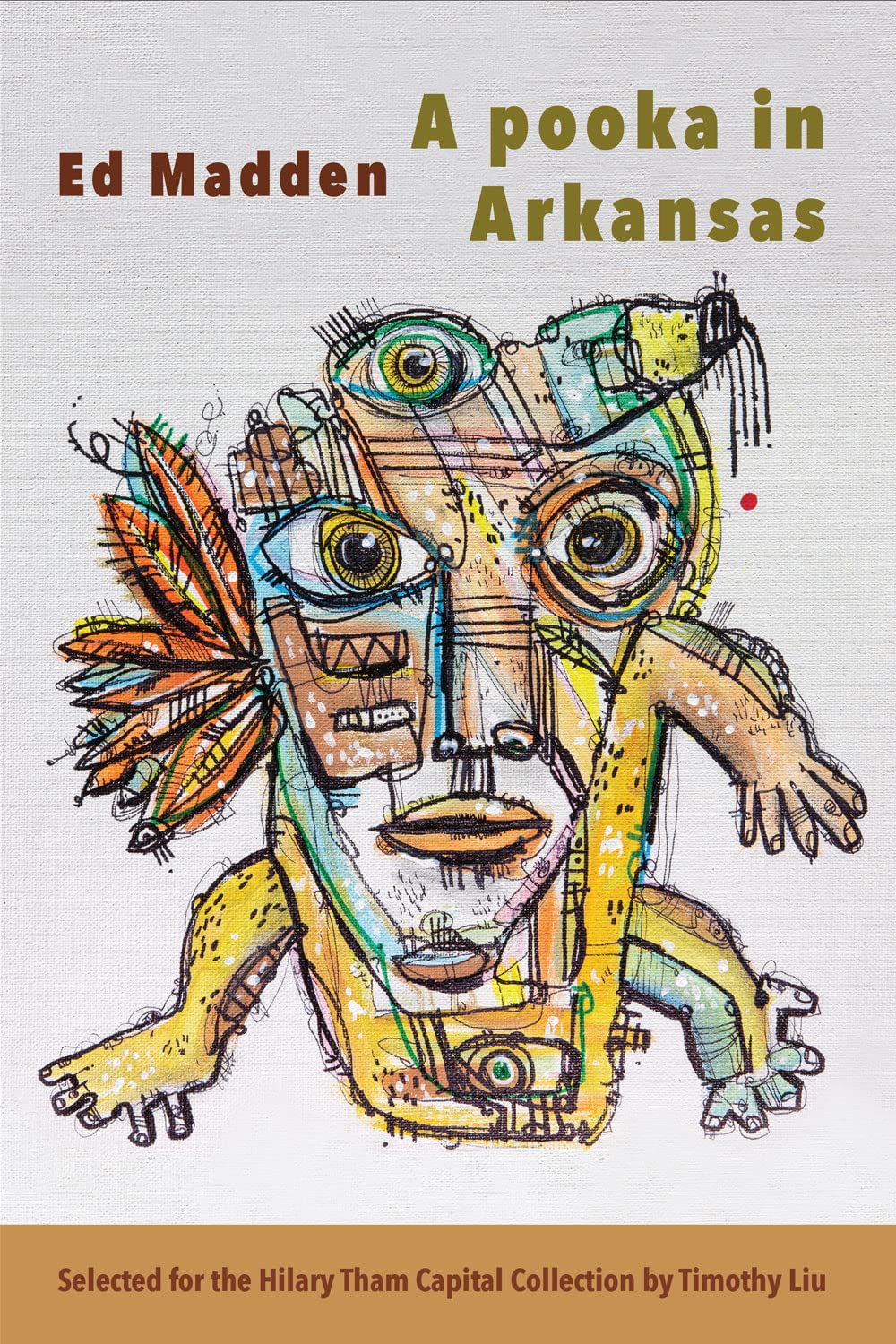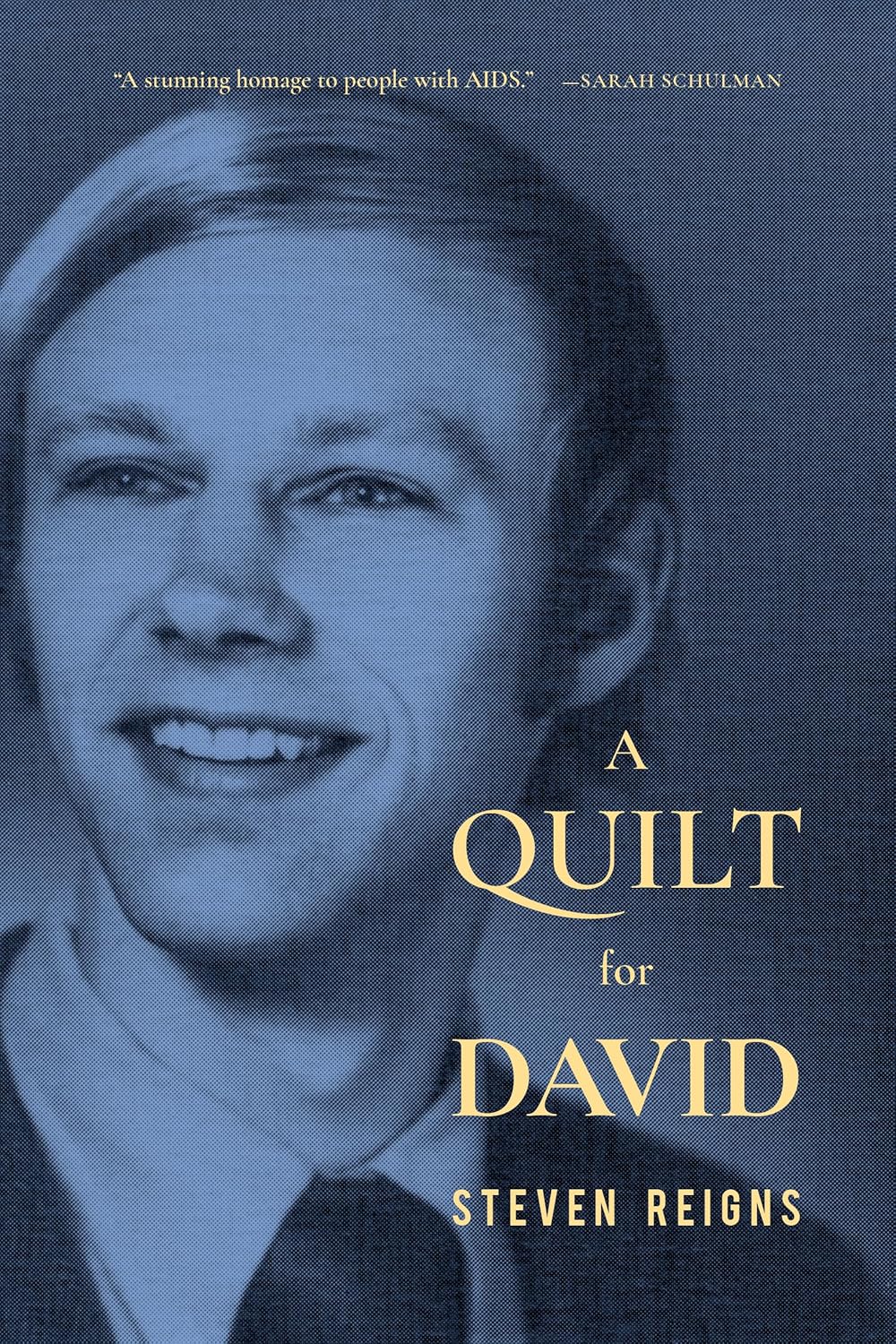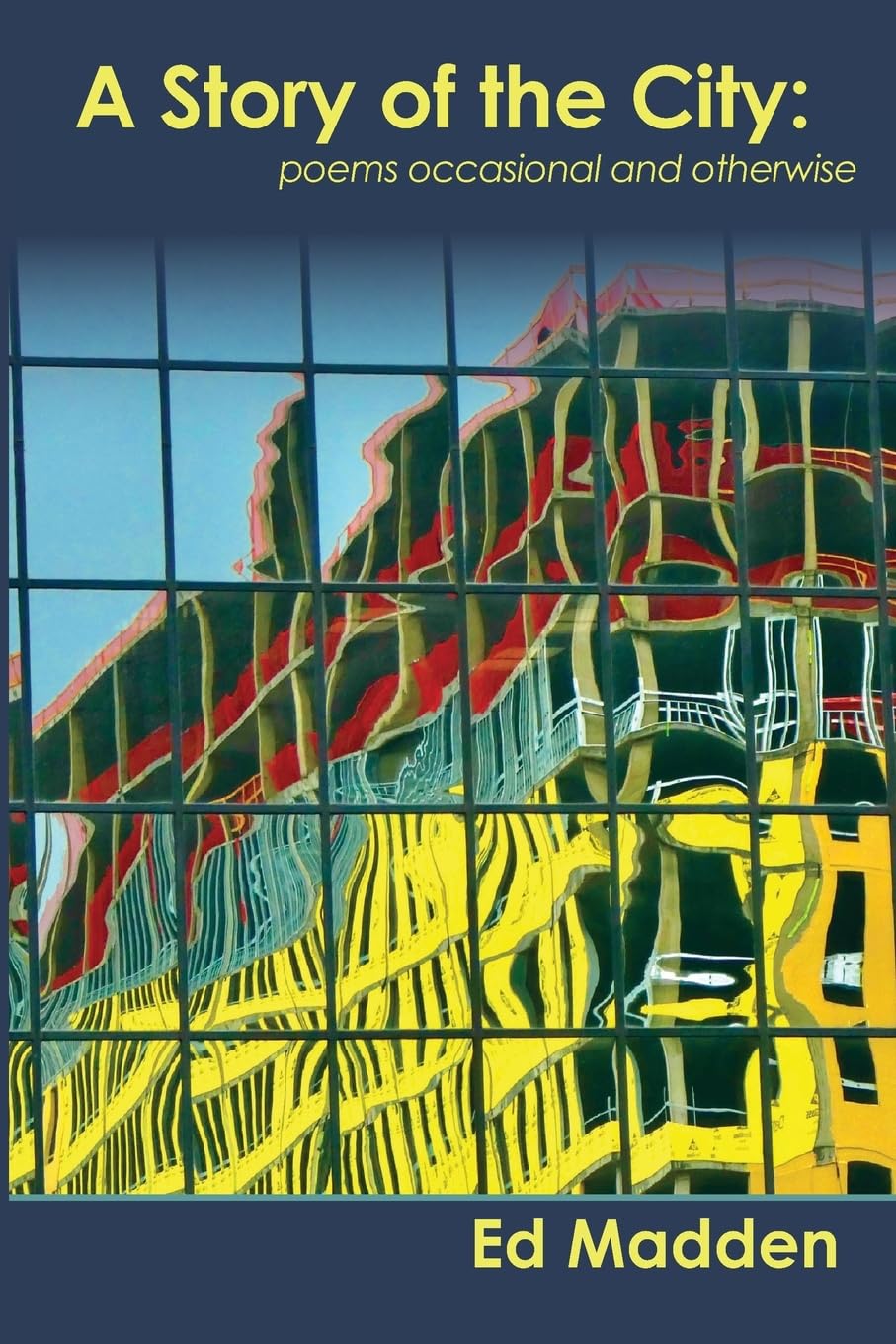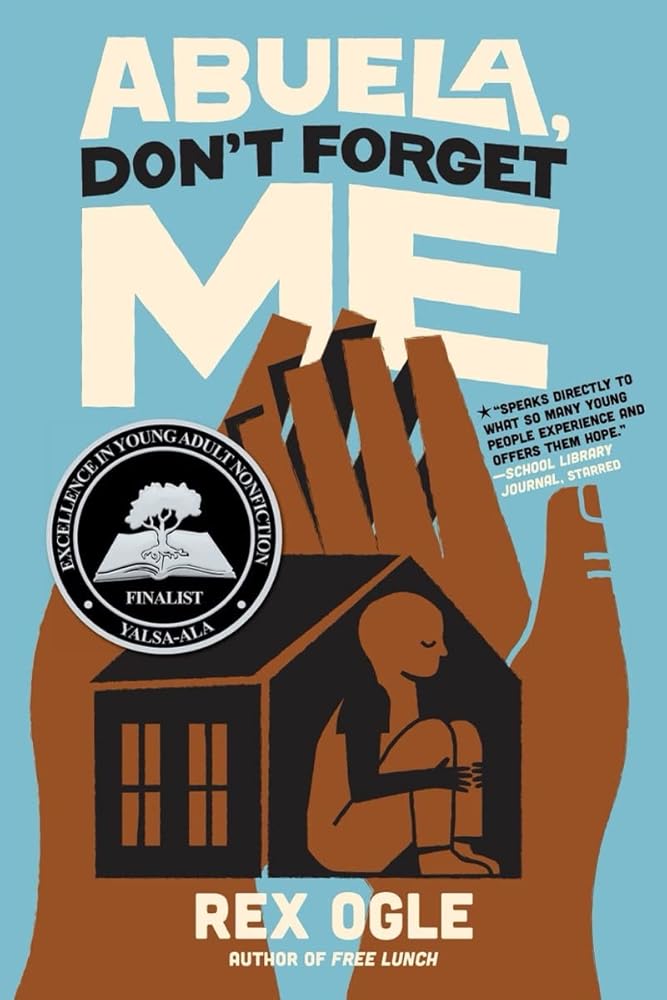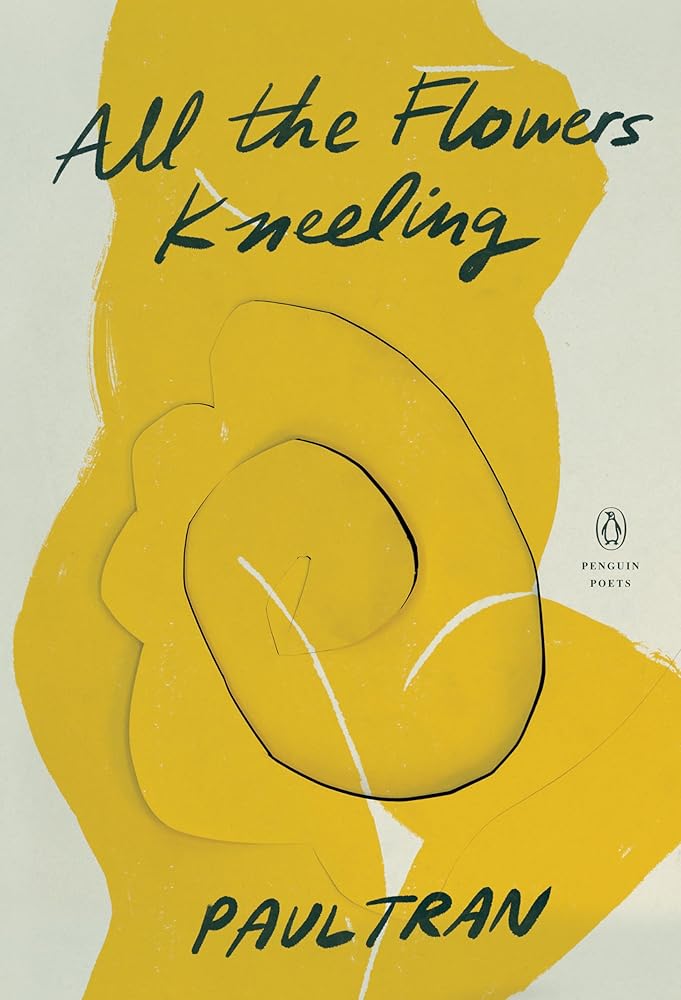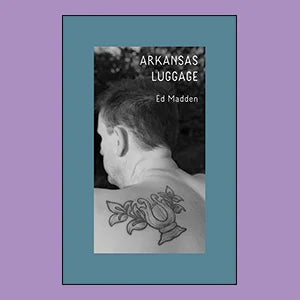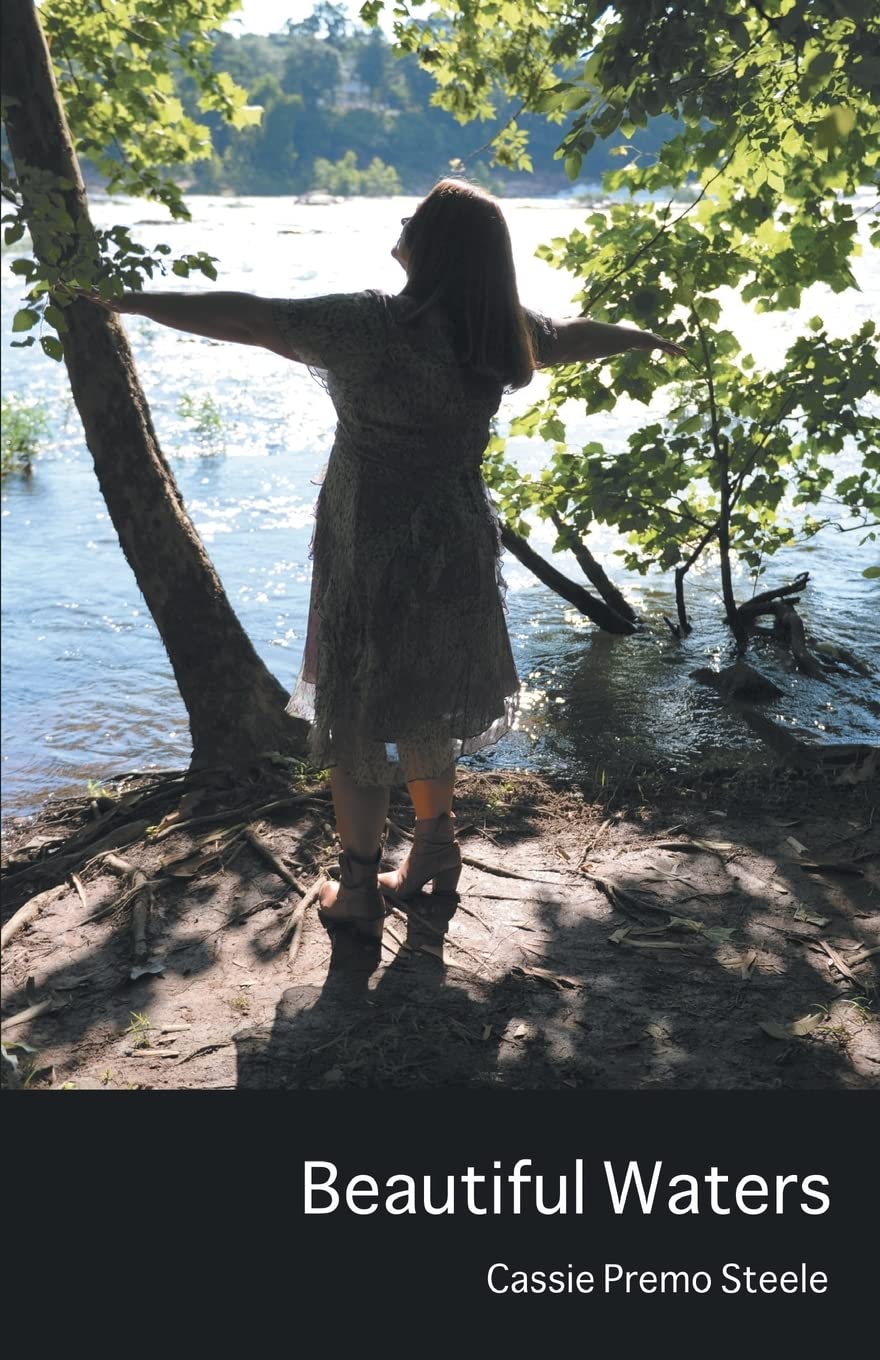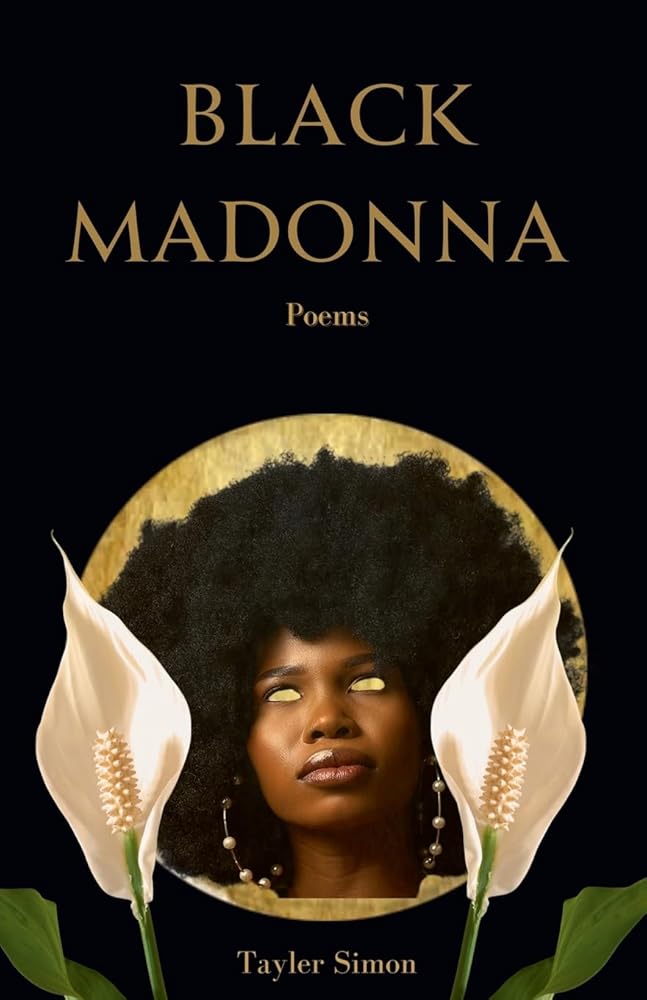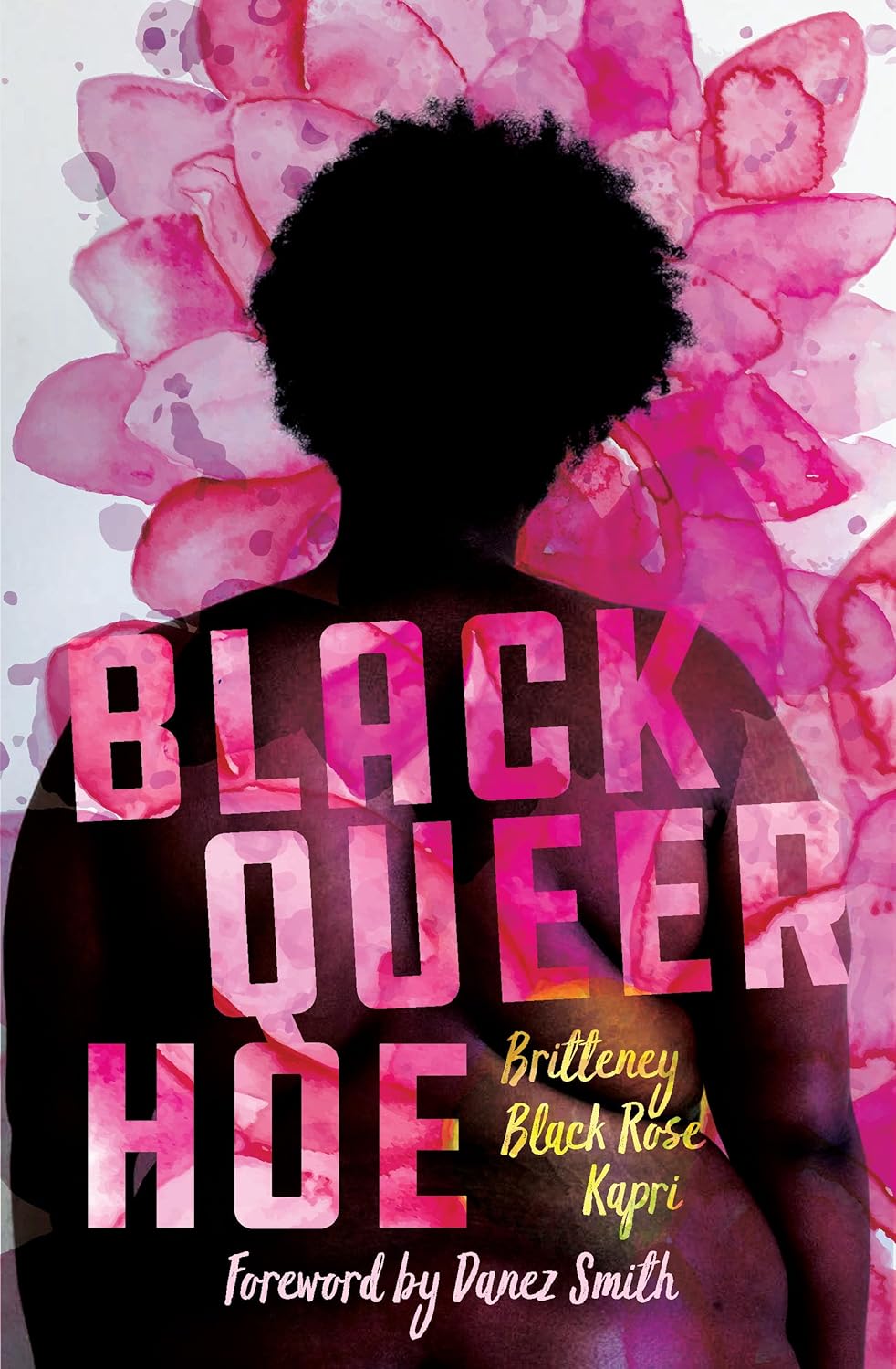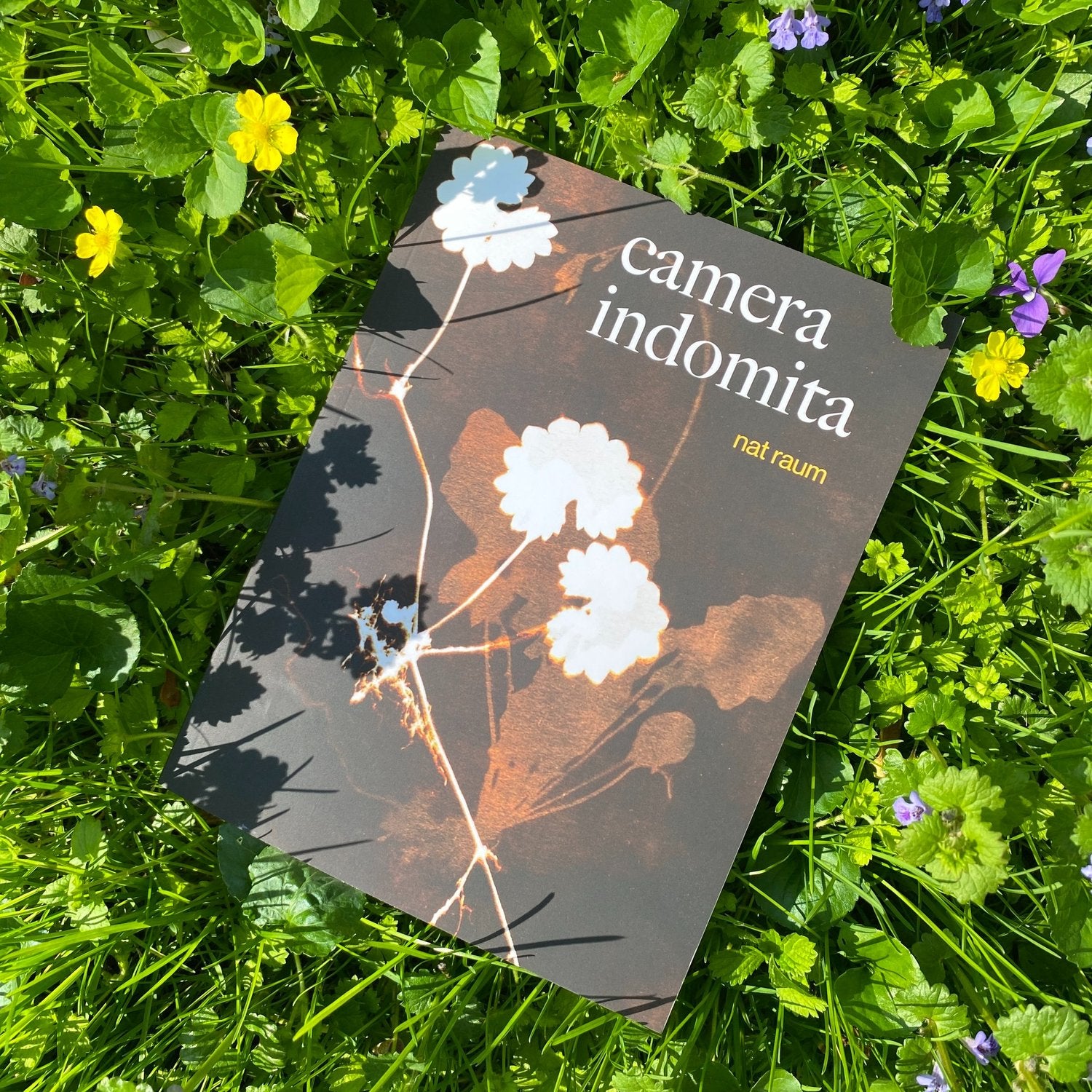Sort by:
65 of 2101 products
65 of 2101 products
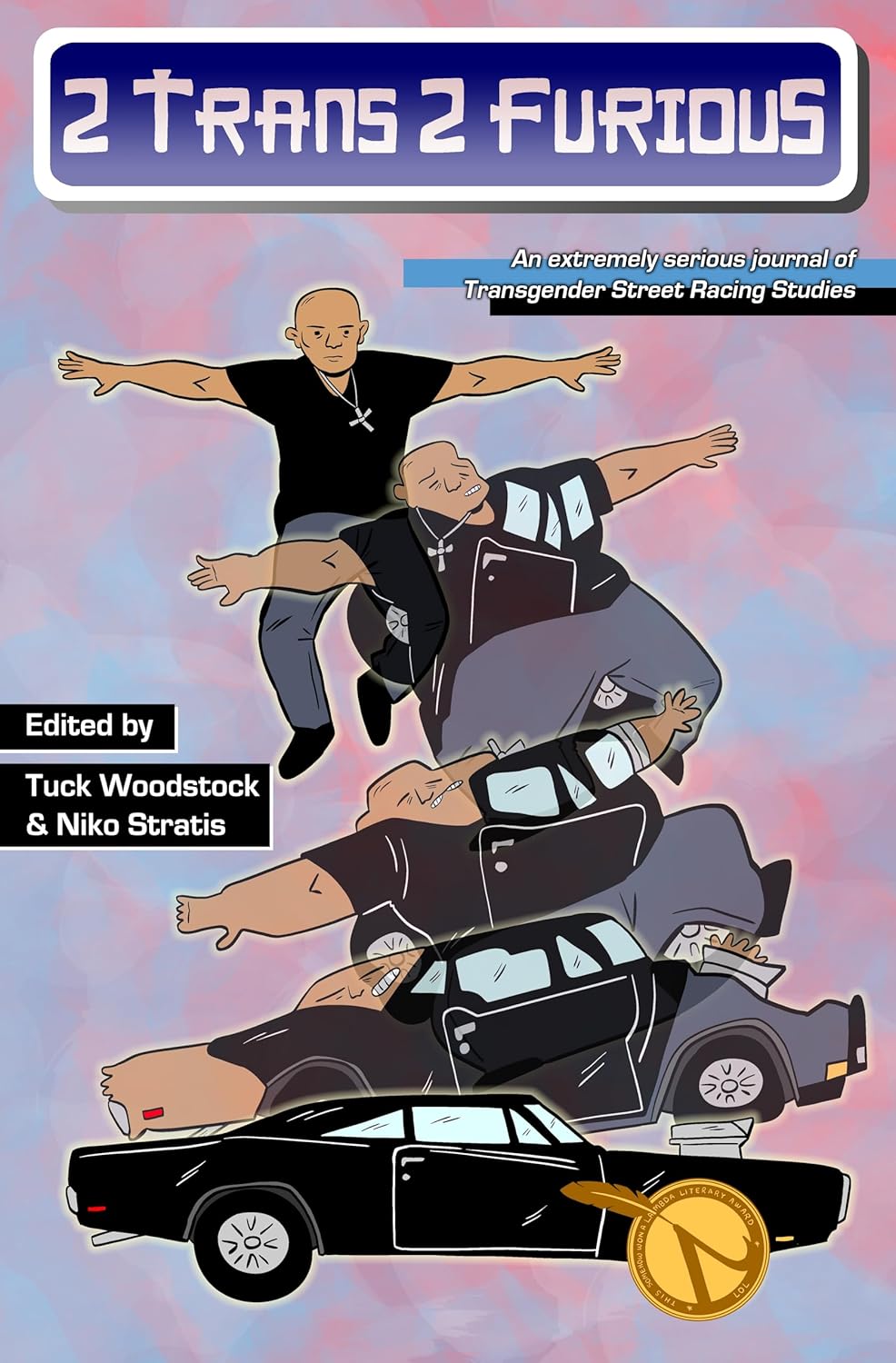

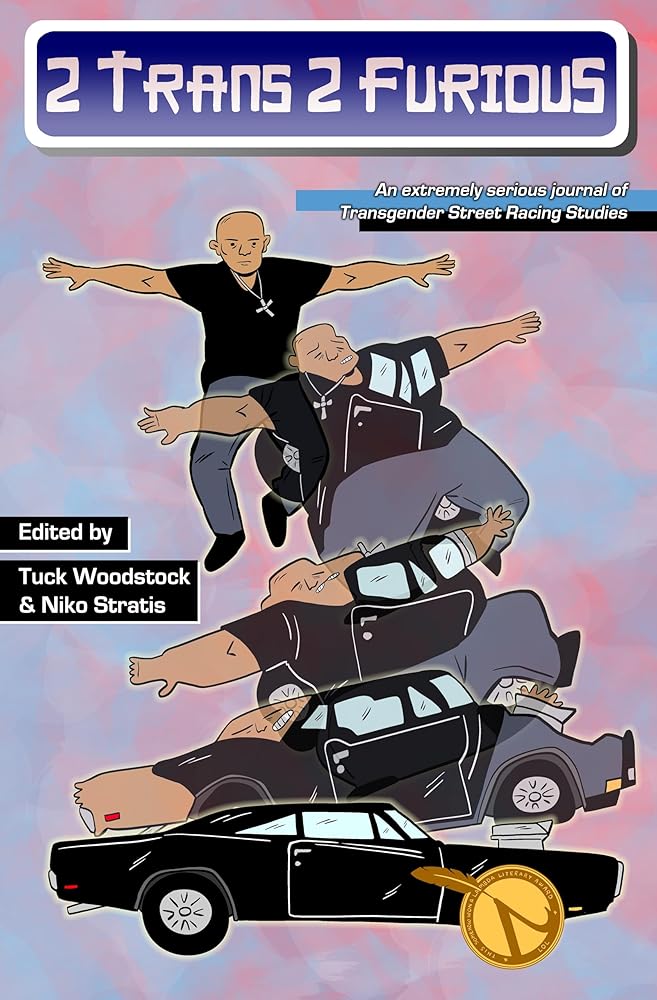
2 Trans 2 Furious: An Extremely Serious Journal of Transgender Street Racing Studies
$19.00
Unit price per2 Trans 2 Furious: An Extremely Serious Journal of Transgender Street Racing Studies
$19.00
Unit price perLambda Literary Award winner for Best LBTQ+ Anthology
More than forty trans writers and artists have joined forces to explore the deeper meanings of the Fast & Furious franchise (and also gender). There's really no way to know why this exists, but it does, and you can own it! Suitable for F&F fans and newcomers alike.
Includes:
- A new short story by Manhunt author Gretchen Felker-Martin
- A demolition derby driver’s perspective on 2 Fast 2 Furious’s derby scene
- An essay contemplating the queer symbolism of Cipher’s bowl cut
- The scoop on the franchise’s only canonically nonbinary character - Instructions for an F&F-themed tabletop role-playing game - A contemplation of which Taylor Swift album represents each F&F character
Plus: Bingo cards! Comics! Haiku! And, of course, hot gay erotica…
2 Trans 2 Furious is edited by Tuck Woodstock and Niko Stratis, with cover art by Mattie Lubchansky and zine design by Shay Mirk.
The wise words of science fiction icon Octavia E. Butler live on in this beautiful and giftable little volume.
“There’s no single answer that will solve all our future problems. There’s no magic bullet. Instead there are thousands of answers—at least. You can be one of them if you choose to be.”
Originally published in Essence magazine in the year 2000, Octavia E. Butler’s essay “A Few Rules for Predicting the Future” offers an honest look into the inspiration behind her science fiction novels and the importance of studying history and taking responsibility for our actions if we are to move forward.
Organized into four main rules, this short essay reminds readers to learn from the past, respect the law of consequences, be aware of their perspectives, and count on the surprises. Citing the warning signs of fascism, the illusive effects of fear and wishful thinking, and the unpredictable nature of what is yet to come, Butler shares realistic but hopeful suggestions to shape our future into something good. An inspiring and motivational gift for students and recent graduates, fans of Butler's work, and anyone seeking a brighter day tomorrow, this exquisite gift book includes stunning Afrofuturist artwork by Manzel Bowman alongside the full text of the original essay.
LITERARY ICON: Octavia E. Butler was a pioneering science fiction writer whose novels, written decades ago, remain eerily relevant, reflecting on themes of racial injustice, women’s rights, environmental collapse, and political corruption. In 1995, she became the first science fiction author to win a MacArthur Genius grant, and her books are taught in over 200 colleges and universities nationwide. This book shares Butler's timely but lesser-known essay and is a must-read for fans of her classic sci-fi works.
CELEBRATE BLACK CREATORS: This book spotlights one of the greatest authors of Afrofuturism, a genre and philosophy that explores and reimagines Black culture, creativity, and liberation through fiction, art, music, film, and other media. Octavia E. Butler’s forward-thinking essay is paired with contemporary illustrations by Manzel Bowman, whose evocative images are also inspired by Afrofuturist visions.
INSPIRING GIFT: A unique gift for students, recent graduates, and anyone celebrating life milestones or looking forward in life, this beautifully designed hardcover book is sure to inspire. Octavia E. Butler’s essay is also an important, evergreen reminder for writers, creatives, dreamers, and activists who want to envision and work toward a brighter future.
Perfect for:
* Fans of Octavia Butler and her novels, including Kindred and Parable of the Sower
* People interested in nonfiction and essays by Black women writers
* Afrofuturism lovers and social justice-minded sci-fi readers
* Literary bibliophiles looking for a stunning new addition to their bookshelf
* Gift-giving to graduating high school and college students
* Activists and community leaders
* Inspirational essay readers
* Fans of Manzel Bowman and Afrofuturist art
By Ed Madden, 2023, paperback
Ed Madden's newest collection explores growing up queer in the fundamentalist South.
Selected by Timothy Liu for the Hilary Tham Capital Collection. Madden's mastery of the American lyric combines intellect, heart, and courage as he explores growing up queer in the rural fundamentalist South. The poems anatomize a society of shaming and shunning under the guise of love, fighting free to the theme of finding where we belong. The poems work deep into the linguistic textures of his subjects, from queer love to the loss of a parent. The figure of the pooka (or puca) haunts the pages, embodying both good and bad luck, sorrow and hope.
By: Steven Reigns (Author), 2021, Paperback
The hidden history of a vulnerable gay man whose life and death were turned into tabloid fodder.
In the early 1990s, eight people living in a small conservative Florida town alleged that Dr. David Acer, their dentist, infected them with HIV. David's gayness, along with his sickly appearance from his own AIDS-related illness, made him the perfect scapegoat and victim of mob mentality. In these early years of the AIDS epidemic, when transmission was little understood, and homophobia rampant, people like David were villainized. Accuser Kimberly Bergalis landed a People magazine cover story, while others went on talk shows and made front page news.
With a poet's eulogistic and psychological intensity, Steven Reigns recovers the life and death of this man who also stands in for so many lives destroyed not only by HIV, but a diseased society that used stigma against the most vulnerable. It's impossible not to make connections between this story and how the twenty-first century pandemic has also been defined by medical misinformation and cultural bias.
Inspired by years of investigative research into the lives of David and those who denounced him, Reigns has stitched together a hauntingly poetic narrative that retraces an American history, questioning the fervor of his accusers, and recuperating a gay life previously shrouded in secrecy and shame.
"Much too long, suffering has been part of our collective queer legacy. We weather the storm of insult to character and seemingly irreconcilable injustice in tandem with the hope that the arc of time will bend towards justice; our time is now. A Quilt for David is a posthumous journal of vindication."—Brontez Purnell, author of 100 Boyfriends
"A stunning homage to people with AIDS."—Sarah Schulman, author of Let the Record Show: A Political History of ACT UP New York, 1987-1993
"I found this an incredibly moving book. Reigns deals in hard truths, revisioning one man's life and death, and our collective queer history."—Justin Torres, author of We the Animals
"A Quilt for David is amazing and so powerful, filled with anger and frustration . . . It's an unforgettable book."—Marie Cloutier, Greenlight Bookstore, Brooklyn, NY
"Told in short, occasionally haiku-like entries, Reigns has done what literature should: put the reader into the mind, the suffering, of another human being."—Andrew Holleran, author of Chronicle of a Plague, Revisited
"Steven Reigns lifts David Acer thirty years after his death to show the naked cost of violent, unexamined public opinion around the catastrophe of AIDS. This poetry masterfully documents the tangle of hatred and lies haunting a generation of survivors. I am often grateful for what poems give to me, most especially the ones in this book."—CAConrad, author of AMANDA PARADISE: Resurrect Extinct Vibration
"This writing is energetic, alive, and uncensored. Through poetry and prose we glean a deep understanding of a life misunderstood and mischaracterized. Reigns goes to the mat to find out what really happened, and with his expert pacing we're right there with him."—Natalie Goldberg, author of Writing Down the Bones
"One of the most important roles a poet can assume is that of emotional historian. Reigns certainly understands that notion in this necessary and genre-bending book."—Richard Blanco, 2013 Presidential Inaugural Poet, author of How to Love a Country
A moving manifesto in poems and essays, inviting readers to embrace their humanity and live fully alive in our age of social change, hyper-capitalism, and pervasive loneliness
yes, everyone is struggling right now
so please be gracious
be kind & patient, but subvert
every institution that relies on our suffering
Something isn’t right. Every generation thinks that, but we have more cause than most. The way our society has been constructed is just not good for our bodies, our minds, or our hearts. What possible chance do our souls have?
In his debut collection, popular Instagram poet David Gate inspires us to rally for what makes life worth living: creating art as a form of care, living beyond consumer impulse, loving our neighbors (even the odd ones), and more. With his signature snark, humor, and billowing hope, Gate invites readers to ponder the complexities of self, community, love, and resilience.
Rejecting the notion that despair and positivity are our only available responses, Gate urges readers to foster deep friendships that challenge social orders and embrace questions of meaning and purpose. For, in his words, “Saying something true in a world awash with lies is the first act of rebellion.”
By Ed Madden, 2023, paperback
A Story of the City: Poems Occasional and Otherwise
When Ed Madden was named poet laureate for the City of Columbia, South Carolina, in 2015, he became the first city laureate in the state of South Carolina. During his two terms as city laureate, Madden documented the life and history of the city. He engaged the community by making poetry a public art, posting poems on city buses, sidewalks, movie screens, coffee sleeves, restaurant menus, and faux parking tickets distributed in downtown Columbia one bright and sunny April Fool's Day. While these poems are about a specific city, they ring true for almost any Southern city-maybe any city in America-with its ceremonial occasions and its natural disasters, its misleading public monuments and its protest marches, and its inevitably complex histories. His post officially began with a commemoration of the historic burning of Columbia during the American Civil War and ended with the selection of a new city flag. This collection spans either years of ceremony and controversy, an eclipse and a pandemic, welcomes and elegies, history and hope.
A Finalist for the 2023 YALSA Excellence in Young Adult Nonfiction Award.
Rex Ogle’s companion to Free Lunch and Punching Bag weaves humor, heartbreak, and hope into life-affirming poems that honor his grandmother’s legacy.
In his award-winning memoir Free Lunch, Rex Ogle’s abuela features as a source of love and support. In this companion-in-verse, Rex captures and celebrates the powerful presence a woman he could always count on―to give him warm hugs and ear kisses, to teach him precious words in Spanish, to bring him to the library where he could take out as many books as he wanted, and to offer safety when darkness closed in. Throughout a coming of age marked by violence and dysfunction, Abuela’s red-brick house in Abilene, Texas, offered Rex the possibility of home, and Abuela herself the possibility for a better life.
Abuela, Don’t Forget Me is a lyrical portrait of the transformative and towering woman who believed in Rex even when he didn’t yet know how to believe in himself.
Finalist for the 2023 PEN Open Book Award and the Kate Tufts Discovery Award
A New York Times Book Review Editors' Choice Pick
Named a Best Book of 2022 by The New Yorker
“Paul Tran’s debut collection of poems is indelible, this remarkable voice transforming itself as you read, eventually transforming you.” —Alexander Chee, author of How to Write an Autobiographical Novel
“This powerful debut marshals narrative lyrics and stark beauty to address personal and political violence.” —New York Times Book Review
A profound meditation on physical, emotional, and psychological transformation in the aftermath of imperial violence and interpersonal abuse, from a poet both “tender and unflinching” (Khadijah Queen)
Visceral and astonishing, Paul Tran's debut poetry collection All the Flowers Kneeling investigates intergenerational trauma, sexual violence, and U.S. imperialism in order to radically alter our understanding of freedom, power, and control. In poems of desire, gender, bodies, legacies, and imagined futures, Tran’s poems elucidate the complex and harrowing processes of reckoning and recovery, enhanced by innovative poetic forms that mirror the nonlinear emotional and psychological experiences of trauma survivors. At once grand and intimate, commanding and deeply vulnerable, All the Flowers Kneeling revels in rediscovering and reconfiguring the self, and ultimately becomes an essential testament to the human capacity for resilience, endurance, and love.
By: Cassie Premo Steele (Author), 2017, Paperback
On their honeymoon, two women journey to Oregon and encounter the deeper, painful springs of the state's history while learning from the land and water how to live, and love, in new ways. Oregon is thought to have been a Native American word for "beautiful waters." In this volume of poetry with the same name, Beautiful Waters, the landscapes of nation and state are seen through the eyes of a woman in love. On her honeymoon in Oregon with her new wife, the poet takes readers with her on a journey through the element of water as a representation of our heart's deepest natural powers: vulnerability, intimacy, and renewal. The seven poems with titles like "Clouds," "Falls," and "Springs," move beneath the obvious, personal streams into the deeper, underground histories of Westward Expansion, Native American removal, industrialization and commercialization, and environmental destruction. And yet throughout, there are rainbows, blends of color and light and water, leading us to hope for something greater. Beautiful Waters, in the end, shows what might spring from facing these histories: an understanding of our shared connection to the land with its promise of healing our wounds as we learn to live, and love, in new ways.
Tayler Simon is an activist and organizer who has been working in different social movements since she was 18. After obtaining her Master's in Social Work and working within the violence prevention and outreach world for five years, she decided to take those skills outside of institutions and back to organic community.
Reflecting on the roles of power, joy, despair, anger, and hope within the liberation movement, Black Madonna invites readers into an experience that sparks action from feelings-even in such trying times. Tayler's poems inspire readers to find hope when it feels impossible. This is an urgent, heartfelt, and eclectic collection of poetry. Haunting and beautiful, it will leave us curious about our role in community.
By: Brittany Black Rose Capri (Author), Danez Smith (Foreword), 2018, Paperback
Black Queer Hoe is a refreshing, unapologetic intervention into ongoing conversations about the line between sexual freedom and sexual exploitation.
Women’s sexuality is often used as a weapon against them. In this powerful debut, Britteney Black Rose Kapri lends her unmistakable voice to fraught questions of identity, sexuality, reclamation, and power, in a world that refuses Black Queer women permission to define their own lives and boundaries.
Britteney Black Rose Kapri is a Chicago performance poet and playwright. Currently she is an alumna turned Teaching Artist Fellow at Young Chicago Authors. Her work has been featured in Poetry Magazine, Button Poetry, Seven Scribes, and many other outlets, and anthologized in The BreakBeat Poets and The BreakBeat Poets Vol. 2: Black Girl Magic. She is a contributor to Black Nerd Problems, a Pink Door Retreat Fellow, and a 2015 Rona Jaffe Writers Award Recipient.
By: nat räum (Author), 2024, Paperback
camera indomita is a poetry chapbook exploring queerness, borderline personality disorder, alcoholism, and post-traumatic stress disorder through the framework of photography and coming of age in an art school environment. The ninth chapbook and eleventh book of poetry by photographer, artist, and writer nat raum, these poems further the author’s long-term poetic reckonings with recklessness and investigations of intimacy from a trauma-informed perspective. Through forms experimental and familiar, this book excises memories with surgical precision, shedding a flickering strobe on life behind (and in front of) the lens.
The much-anticipated follow up to the groundbreaking anthology Disability Visibility: another revolutionary collection of first-person writing on the joys and challenges of the modern disability experience, and intimacy in all its myriad forms.
What is intimacy? More than sex, more than romantic love, the pieces in this stunning and illuminating new anthology offer broader and more inclusive definitions of what it can mean to be intimate with another person. Explorations of caregiving, community, access, and friendship offer us alternative ways of thinking about the connections we form with others—a vital reimagining in an era when forced physical distance is at times a necessary norm.
But don't worry: there's still sex to consider—and the numerous ways sexual liberation intersects with disability justice. Plunge between these pages and you'll also find disabled sexual discovery, disabled love stories, and disabled joy. These twenty-five stunning original pieces—plus other modern classics on the subject, all carefully curated by acclaimed activist Alice Wong—include essays, photo essays, poetry, drama, and erotica: a full spectrum of the dreams, fantasies, and deeply personal realities of a wide range of beautiful bodies and minds. Disability Intimacy will free your thinking, invigorate your spirit, and delight your desires.
“Disability rights activist Alice Wong brings tough conversations to the forefront of society with this anthology. It sheds light on the experience of life as an individual with disabilities, as told by none other than authors with these life experiences. It's an eye-opening collection that readers will revisit time and time again.” —Chicago Tribune
One in five people in the United States lives with a disability. Some disabilities are visible, others less apparent—but all are underrepresented in media and popular culture. Activist Alice Wong brings together this urgent, galvanizing collection of contemporary essays by disabled people, just in time for the thirtieth anniversary of the Americans with Disabilities Act,
From Harriet McBryde Johnson’s account of her debate with Peter Singer over her own personhood to original pieces by authors like Keah Brown and Haben Girma; from blog posts, manifestos, and eulogies to Congressional testimonies, and beyond: this anthology gives a glimpse into the rich complexity of the disabled experience, highlighting the passions, talents, and everyday lives of this community. It invites readers to question their own understandings. It celebrates and documents disability culture in the now. It looks to the future and the past with hope and love.
